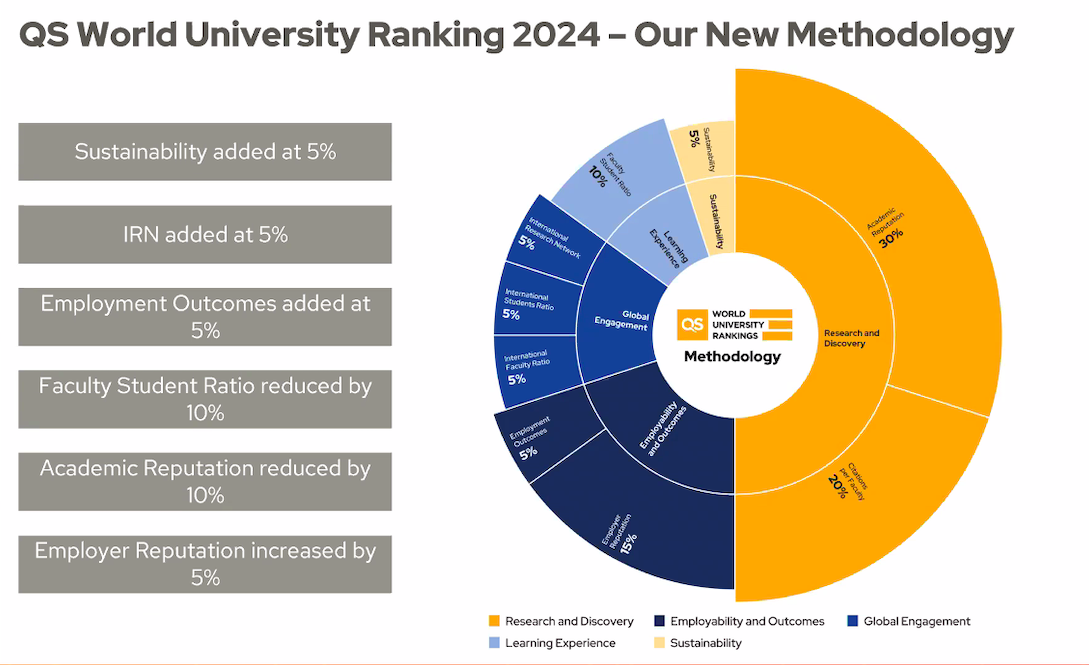Rise in int’l applications to US graduate courses
International applications to US graduate courses increased in 2021/22 for the fourth year in a row, according to the Council of Graduate Schools.
Survey data collected between fall 2021 and fall 2022 showed a 26% increase in the total number of international graduate applications received by 370 institutions.
US graduate programs participating in the survey received a total of 983,385 applications from prospective international students and enrolled 112,705 first-time international graduate students in fall 2022.
US colleges and universities saw a surge in applicants to master’s and doctoral degrees from India and Sub-Saharan Africa, with applications from Indians increasing by 58% compared to the previous year.
The bulk of applications came from India (38%) and China (25%), while 10% were from Sub-Saharan Africa.
The report said that sustained growth from parts of Africa may “correspond with the region’s continuous development efforts and economic growth, which would allow more financial support and international mobility”.
While China remains a top sending country, demand decreased for the second year in a row, falling by 3%.
Suzanne Ortega, CGS president, said the decrease could be due to “growing geopolitical tensions” between China and the US, as well as more Chinese students choosing to study in their home country.

“It’s clear that demand for higher education from international students is not only rebounding, but we are seeing a change in where the demand is coming from,” said Ortega.
“We are seeing a change in where the demand is coming from”
“Our higher education institutions need to prepare for a more diverse set of countries and regions sending their students. We need to think about diverse mentoring needs and support systems so all students can reach their fullest potential.”
The report also found that international students are less likely to enrol in remote-only programs coming out of the pandemic, but enrolments in hybrid and mixed delivery offerings have risen since 2020.
Enrolments for master’s and certificate programs that deliver hybrid/mixed courses increased from nearly 17,000 in fall 2020 to more than 52,000 in fall 2022.
The post Rise in int’l applications to US graduate courses appeared first on The PIE News.

